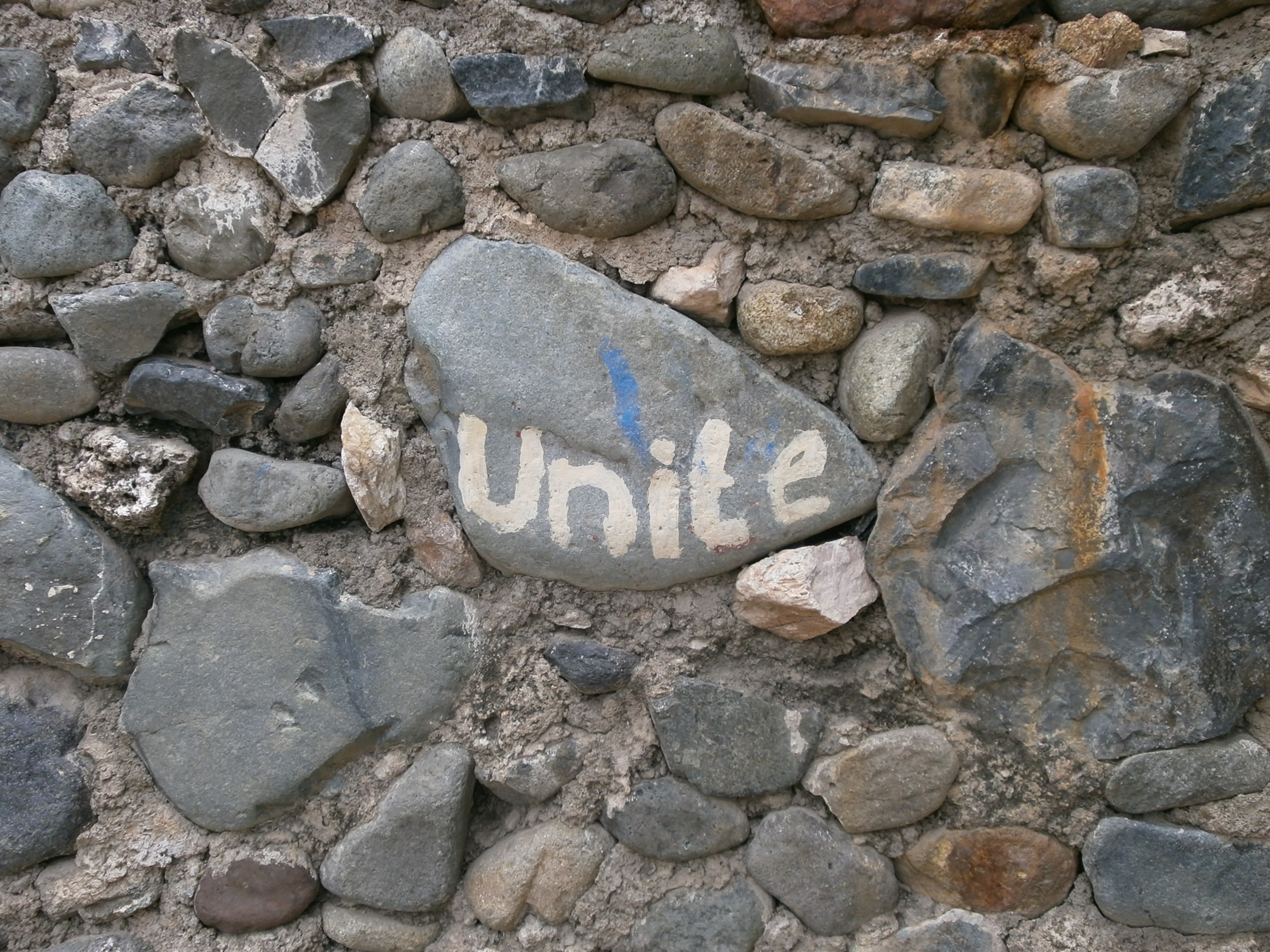The Paths Across Waters: Black British History in the North East project highlights the shared histories and the lost connections linking the Caribbean and Africa to the North East of England. It focuses on an often understudied period in Black British history before the 1950s.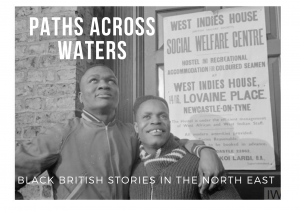
The project follows the sailors, students, doctors, musicians, nurses, and journalists who came from the West Indies and West Africa and made the North East of England their home. Their personal stories intersect with the history of the British Empire. They offer rich and fascinating details about Black experiences in Britain. They remind us that local and global histories should be studied together.
In particular, my research on Black British history in the North East appears in my article “Celebrating African culture in the North East of England, 1930s-1940s,” in the edited volume Anti-Racism in Modern Britain. Traditions, histories and trajectories (Manchester University Press, 2024).
You can click on each location below to learn more about Black British History in the North East.
Assembly Hall in Sunderland
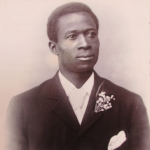
This page explores about the links between Sunderland and Black British history through the lives of late 19th century activists, including Dominica-born Celestine Edwards and U.S. journalist Ida B. Wells. They both devoted their lives to challenging racism and imperialism.
Colonial Students Club in Newcastle

African students led a campaign to celebrate African culture during the interwar period. From their headquarters near Leazes Park, they gave lectures and organized art exhibitions, concerts, and movie nights.
International Coloured Mutual Aid Association in North Shields
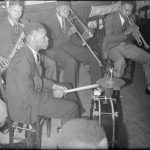 Building solidarity across the African Diaspora, this mutual aid association turned North Shields into a center of Black and interracial activities in the North East in the 1940s.
Building solidarity across the African Diaspora, this mutual aid association turned North Shields into a center of Black and interracial activities in the North East in the 1940s.
West Indies House in Newcastle
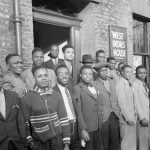
The first boarding house in the region was a home away from home for seafarers during the Second World War. Meetings and concerts took place there. Located 14-16 Lovaine Place, it was destroyed when the Civic Center was built.
